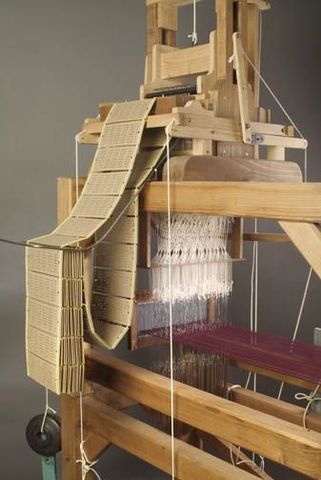Seventh law of worker entropy
The JC’s seventh law of worker entropy states that successful inventions do not make things harder. The JC asserts, without evidence but, he feels, without needing it — for it is an a priori truth as certain as arithmetic or natural selection — there has been no successful innovation in design, commerce or technology in the history of civilisation itself that made life more tedious, difficult, frustrating or inconvenient than it already was.

|
In support of the theory, we cite Peter Thiel — who has had the odd small success starting up (and, er, shutting down) innovative internet businesses — whose operating assumption when considering an investment is that to see off competition and have a reasonable chance of success, a tech product should be an order of magnitude better than its competitors. Not just a bit better, but ten times better.[1]
And definitely not worse.
This is little more than an articulation of the following: if you want to change how people do things, make it easier for them. Not harder.
Any innovation that, for example, injects a new dialog box into an existing process, or requires a user to take some additional action, however well-intended — was there ever a dialog box that wasn’t well-intended? — makes life harder, however exciting the prospect of enhanced MIS that comes from having the users repetitively click it may be.